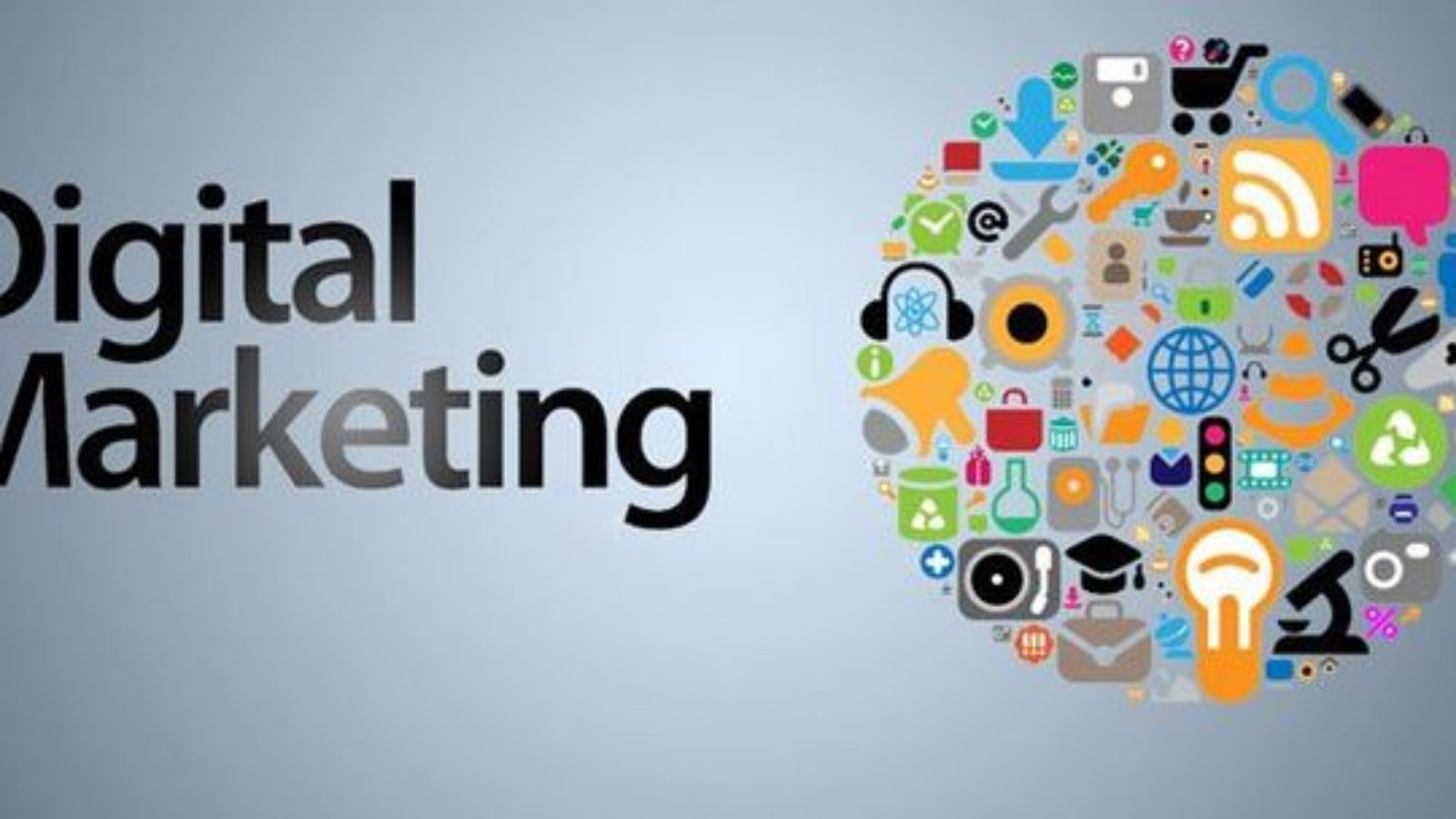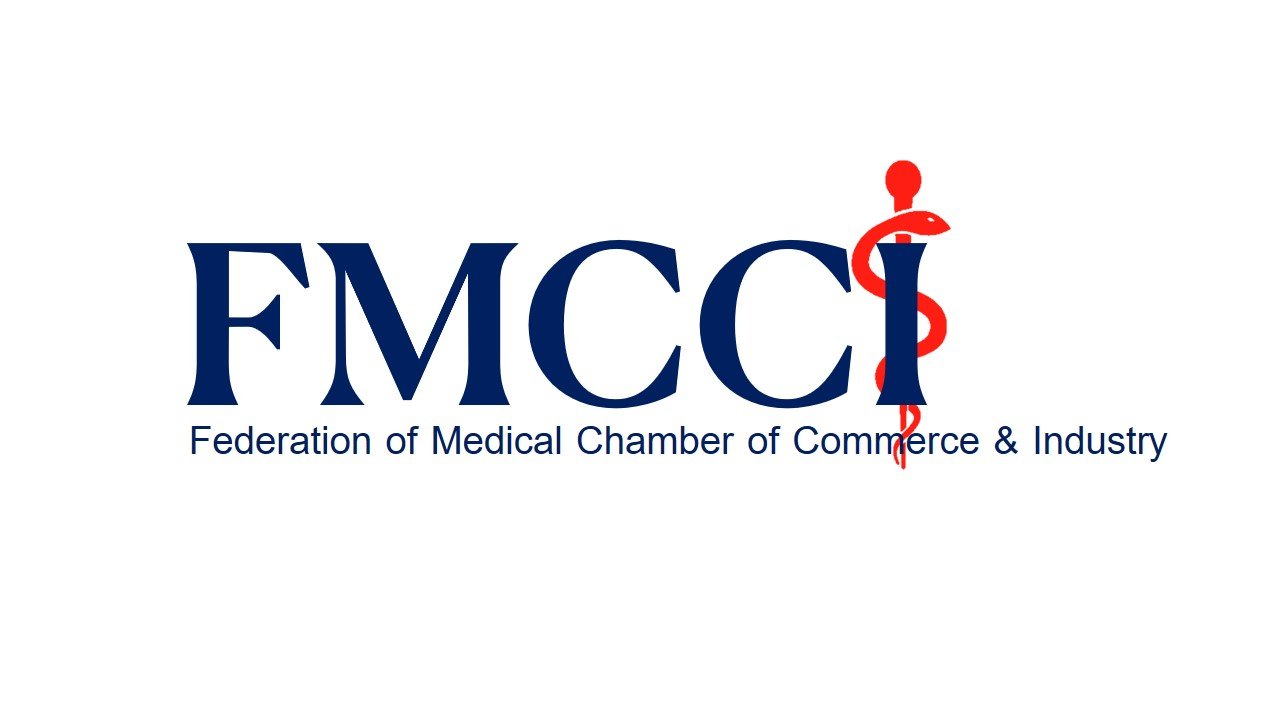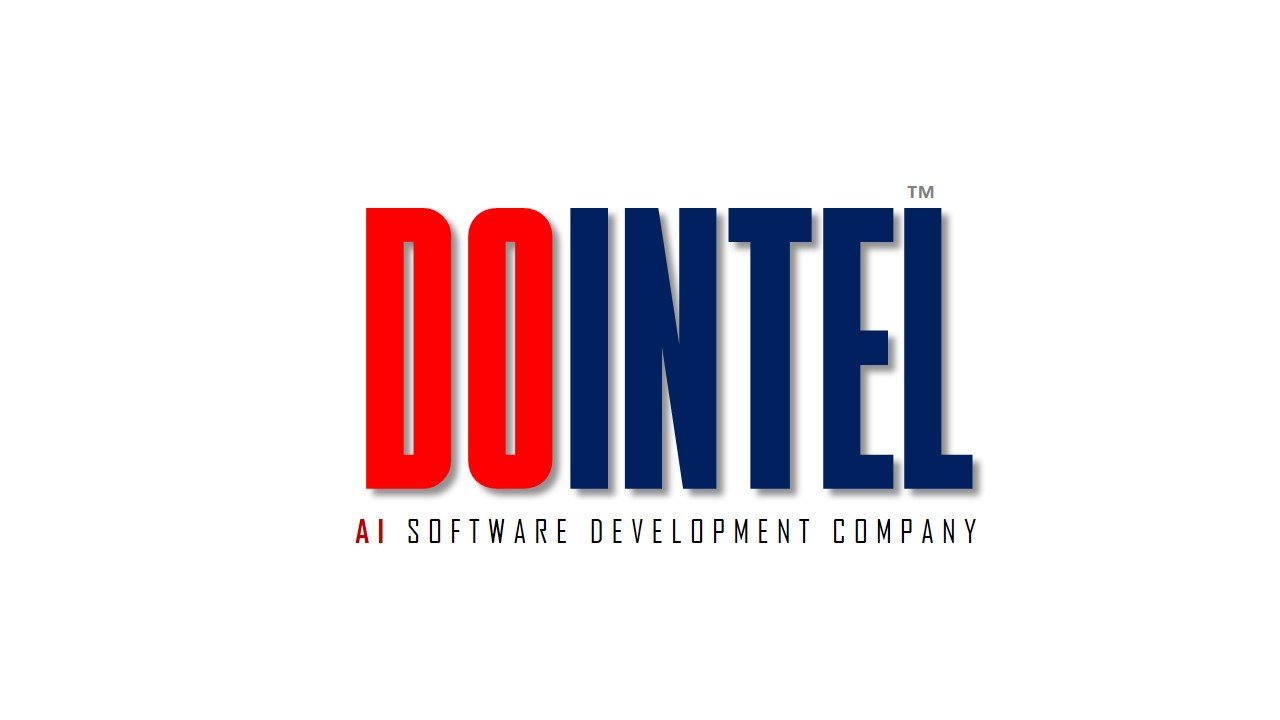In today’s hyper-connected world, digital marketing has evolved into a critical skill set for businesses across industries. The ability to reach targeted audiences through various digital channels, analyze data to understand market behavior, and adapt strategies in real-time has made digital marketing professionals highly sought after. For aspiring marketers, enrolling in a Digital Marketing Master Internship offers a valuable opportunity to gain hands-on experience, learn from industry experts, and fast-track their career in a competitive field.
The Rise of Digital Marketing and Why It Matters
The digital marketing landscape is dynamic and constantly evolving, driven by technological advancements, consumer behavior changes, and competitive pressures. From social media platforms to search engine optimization (SEO) and email marketing, businesses now rely heavily on digital channels to promote their products and engage with customers.
Digital marketing has shifted from being just another branch of marketing to a cornerstone of business strategy. According to recent studies, businesses globally allocate nearly 50% of their marketing budgets to digital channels, reflecting the growing importance of this field. As a result, there’s an increasing demand for skilled digital marketers who can develop data-driven strategies, optimize content, and drive measurable results.
For individuals entering this field, gaining relevant experience is essential. Traditional education provides foundational knowledge, but Digital Marketing Master Internships fill the experience gap by providing real-world exposure to current digital marketing practices, tools, and strategies.
Benefits of Digital Marketing Master Internships
Digital Marketing Master Internships offer unique advantages over standard internships or entry-level roles. Let’s explore some of the key benefits:
1. Hands-On Experience with Industry Tools
In a Digital Marketing Master Internship, interns get the chance to work with tools widely used in the industry, such as Google Analytics, HubSpot, SEMrush, Hootsuite, and Mailchimp. Familiarity with these tools is often a prerequisite for digital marketing roles, as they allow marketers to analyze data, streamline social media campaigns, and improve SEO strategies. Mastering these tools during an internship sets candidates apart from others who may only have theoretical knowledge.
2. Exposure to Various Digital Marketing Disciplines
Digital marketing encompasses numerous disciplines, including social media marketing, content creation, email marketing, SEO, pay-per-click (PPC) advertising, and affiliate marketing. A well-structured internship exposes interns to different areas, allowing them to identify their strengths and interests. By the end of the internship, participants can choose their niche based on firsthand experience, making them more focused and confident as they step into their careers.
3. Learning from Industry Experts
In a master-level internship, mentors and managers are typically seasoned professionals who provide valuable insights into the industry. Interns gain knowledge from those who have already made a mark in digital marketing, learning from their experiences, mistakes, and successes. This mentorship is essential, as it accelerates learning and helps interns avoid common pitfalls.
4. Real-World Application of Theoretical Knowledge
Classroom education teaches the theory, but an internship provides the platform to apply that knowledge in real-world situations. For instance, learning about SEO keywords is essential, but applying that knowledge in a live project to increase a website’s ranking is a skill that can only be developed through practice.
5. Building a Portfolio
By working on live projects, interns build a portfolio of work that showcases their skills and achievements. This portfolio becomes a powerful asset during job applications, providing tangible evidence of what they can do. Having a body of work to demonstrate not only increases the chances of landing a job but also helps in negotiating better roles and compensation.
6. Networking Opportunities
Internships are excellent networking opportunities, as they enable participants to interact with various professionals within and outside their organization. These connections can open doors to job offers, referrals, and mentorship opportunities even after the internship concludes.
Key Skills You’ll Develop in a Digital Marketing Master Internship
An internship at the master level focuses on building comprehensive skills that are essential for a successful digital marketing career. Some of the key skills include:
- Content Marketing: Creating engaging content that resonates with audiences and drives traffic.
- SEO and SEM: Improving website rankings, conducting keyword research, and utilizing paid advertising to enhance visibility.
- Social Media Strategy: Crafting and executing strategies for platforms like Instagram, Facebook, LinkedIn, and Twitter to engage target audiences.
- Email Marketing: Developing email campaigns that nurture leads and convert them into customers.
- Data Analysis: Interpreting data from various digital marketing tools to make informed decisions and optimize marketing strategies.
- Customer Behavior Insights: Understanding consumer psychology to tailor marketing messages effectively.
How to Make the Most Out of a Digital Marketing Master Internship
Making the most of an internship requires planning, initiative, and the ability to continuously learn. Here are some tips for excelling in your Digital Marketing Master Internship:
- Set Clear Goals: Define what you aim to achieve during the internship, whether it’s mastering SEO, understanding social media analytics, or building a professional portfolio.
- Be Proactive: Take the initiative to work on new projects, even if they are outside your comfort zone. This will not only expand your skill set but also make a positive impression on your supervisors.
- Ask for Feedback: Seek regular feedback on your performance and work on areas of improvement. Constructive criticism is invaluable for professional growth.
- Network with Colleagues: Engage with your team members, attend industry events, and connect with professionals on LinkedIn. Networking can pave the way for future job opportunities.
- Stay Updated on Industry Trends: Digital marketing evolves rapidly, so staying informed about the latest trends and tools is crucial. Follow industry blogs, participate in webinars, and join relevant groups on social media.
Career Pathways After a Digital Marketing Master Internship
A Digital Marketing Master Internship opens doors to various career paths. Some of the potential roles include:
- Digital Marketing Specialist: Focuses on developing and executing digital marketing campaigns across multiple channels.
- Content Marketing Manager: Responsible for creating, managing, and optimizing content strategies to engage audiences and drive traffic.
- SEO Specialist: Improves website visibility and ranking on search engines through on-page and off-page SEO techniques.
- Social Media Manager: Manages a brand’s social media presence, engaging with followers, and creating content that aligns with the brand’s voice.
- Email Marketing Specialist: Designs email campaigns to nurture leads, improve engagement, and drive conversions.
- Analytics Expert: Analyzes data from marketing campaigns to evaluate performance and provide insights for optimization.
Frequently Asked Questions (FAQs)
1. What qualifications do I need to apply for a Digital Marketing Master Internship?
Typically, a Digital Marketing Master Internship is open to individuals with a background in marketing, business, communications, or related fields. However, many internships are open to those with a passion for digital marketing and a willingness to learn. Some familiarity with digital marketing concepts, such as SEO, social media, and content marketing, can be beneficial but is not always a strict requirement.
2. How is a Digital Marketing Master Internship different from a regular digital marketing internship?
A Digital Marketing Master Internship is more advanced and intensive than a regular internship. While standard internships focus on foundational tasks, master internships involve working on complex projects, analyzing data, and often leading campaigns. Participants in master internships are expected to have a basic understanding of digital marketing, allowing them to dive deeper into strategy and analytics rather than just introductory tasks.
3. How can I maximize my chances of getting hired after completing a Digital Marketing Master Internship?
To maximize your chances of getting hired, focus on building a strong portfolio during your internship, networking with professionals, and mastering industry-standard tools. Employers value real-world experience, so showcase your achievements and highlight any measurable results you’ve contributed to, such as increased website traffic or improved engagement rates. Lastly, continue to expand your knowledge and stay updated with industry trends even after the internship.
Final Thoughts
A Digital Marketing Master Internship is a strategic investment in your future, providing both the practical experience and industry knowledge required to succeed in digital marketing. By gaining hands-on exposure to different facets of digital marketing, you’ll not only strengthen your resume but also build the confidence to tackle real-world marketing challenges. With digital marketing skills in high demand, a well-chosen internship could be the catalyst that accelerates your career and opens doors to diverse roles and lucrative opportunities in a rapidly growing field.








Add a Comment